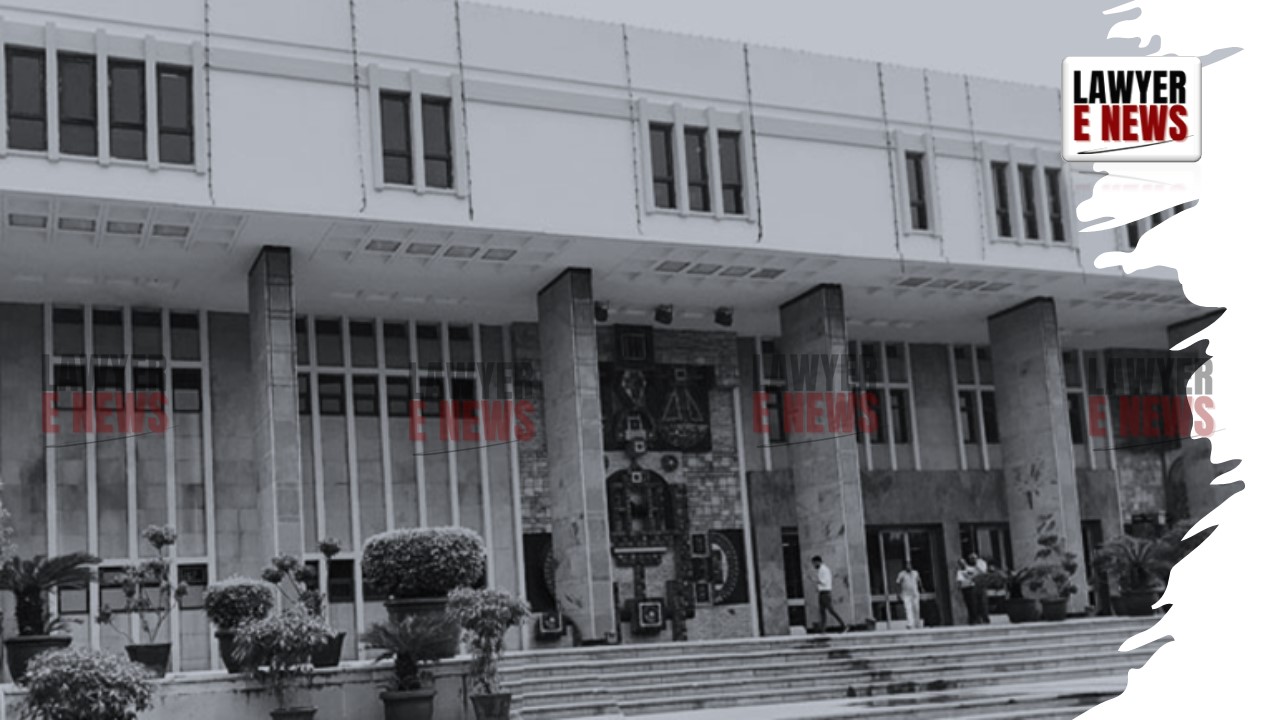-
by Admin
15 February 2026 2:36 AM



The Delhi High Court has granted IFFCO TOKIO General Insurance Co. Ltd. Permission to file additional documents in a commercial suit against Inder Travels Pvt. Ltd. The judgment, delivered by Justice Navin Chawla, underscores the balance between procedural rules and the pursuit of substantive justice.
IFFCO TOKIO filed a suit on January 25, 2017, claiming Rs. 22.47 crore from Inder Travels for unpaid amounts related to airline tickets and other services provided on credit. These services were recorded in the BSP Agent Billing Statement (BSP Statement). Inder Travels, in their defense, denied liability, challenging the authenticity of the BSP Statement and claiming they had no access to the BSP link due to disconnection by the plaintiffs.
The plaintiffs sought to file additional documents, including powers of attorney, statutory documents, screenshots of the BSP webpage, and various correspondence. The defendants opposed this, arguing that these documents were available to the plaintiffs at earlier stages of litigation and that their late submission was an afterthought.
Justice Chawla noted that the Commercial Courts Act requires stringent adherence to procedural rules but emphasized that justice should not be sacrificed at the altar of procedural technicalities. Citing the Supreme Court’s judgment in Sugandhi v. P. Rajkumar, the court reiterated that substantial justice must prevail over procedural hurdles.
The court applied Order XI Rule 1 of the Civil Procedure Code, which governs the filing of documents in commercial suits. It emphasized that while plaintiffs are generally required to file all documents with the plaint, additional documents may be allowed if a reasonable cause for non-disclosure is established. The court distinguished “reasonable cause” from “sufficient cause,” indicating a lower threshold for the former.
Justice Chawla remarked, “Procedure is the handmaid of justice. Procedural and technical hurdles should not come in the way of the court while doing substantial justice.”
The court’s decision to allow the additional documents aims to ensure a fair trial, reflecting a commitment to substantive justice over procedural rigidity. This judgment highlights the importance of a flexible approach in commercial litigation, balancing the need for procedural discipline with the overarching goal of justice.
Date of Decision: August 1, 2024
